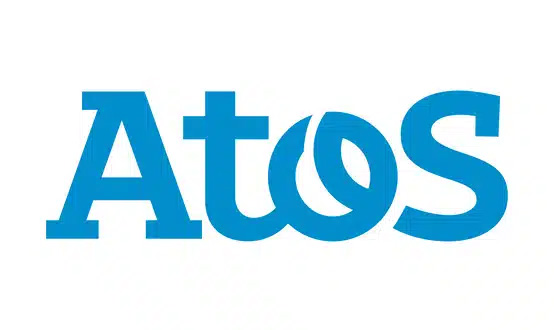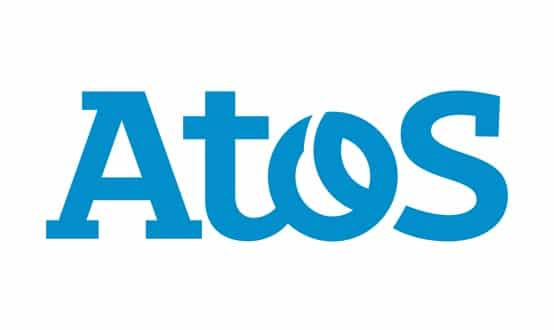Royal Devon sues Atos for multi-millions in court case
- 7 September 2017

An NHS trust is suing an IT supplier in a multi-million pound claim over an alleged failure to deliver adequate services.
Royal Devon and Exeter NHS Foundation Trust claims that Atos IT services UK provided a computer system for recording patient information on electronnic forms that is “unacceptably slow”.
In the preliminary case, heard at the High Court of Justice on 31 August, the trust asked for about £7.9 million in damages. The contract price was just over £4.9 million.
The supplier says there is nothing wrong with the system provided and has denied any liability.
The court heard the trust found the technology “unacceptably slow, there were inaccuracies in the patient records in the system, clinical data for patients recorded on e-forms was incomplete and forms were duplicated within the system”.
“As a result, it was not safe to implement the system in full or migrate current patient data to the system and scanning was limited to historic patient medical records.”
Atos’ services to the trust include health record scanning, electronic document management (EDM) and associated services.
Mrs Justice O’Farrell DBE ruled that the trust could only seek the £4.9 million cost of the initial contract. The case is expected to go to trial at a later date, reported ITV.
In November 2011, the trust entered into the multi-million pound five-year contract which consisted of:
- Mobius Clinical Electronic Medical Records Desktop
- Laserfiche EDM system and repository
- An application developed by Fortrus Limited which communicated via Adobe LiveCycle software which provided workflow, electronic forms and record management
- Kodak Capture software for scanning documents
The trusts claims issues included delays to software delivery, software delivered by Atos did not provide specified functionality, fixes did not work and lack of support, the judge heard.
The trust subsequently terminated Atos’ services on 21 April 2016, despite modifications being provided by the supplier.
Atos said any inadequacies in the system “were caused by limitations in the trust’s network and hardware, the trust’s failure to provide the necessary daily maintenance and administration and the trust’s overloading of the system”.
Both trust and supplier cited on-going legal proceedings when asked for comment by Digital Health News.
“There is an on-going legal dispute between ATOS and the Royal Devon and Exeter NHS Foundation Trust and in this context it would be inappropriate for us to comment at this stage”, a trust spokeswoman said.
An Atos spokesman said: “This matter is pending due legal process, therefore, we cannot comment further at this time.”
The government meanwhile is still in an on-going dispute with Fujitsu over the company’s exit from the National Programme for IT in 2008. On Thursday, a Department of Health spokeswoman told Digital Health News that “the Department would not comment on any arbitration while legal proceedings are still ongoing”.
The legal dispute over Fujitsu’s removal as local service provider for the South of England in 2008 was widely thought to have been settled in 2014, where media reported the Department of Health had lost the case in which Fujitsu was seeking £700m in lost business.
In March 2016, however, the Reuters news agency learned, via a briefing with Duncan Tait, Fujitsu’s head of Europe, Middle East, India and Africa, that talks on a settlement are still continuing with the plan to conclude in the next two years or so.





5 Comments
Not to get side-tracked, but gavels are not used in English courts.
Cannot believe that there is still no settlement on the Fujistu debacle!
It’s a slippery slope, how soon before clinical departments sue internal IT for not delivering adequate services 🙂
well put Lj
Sad affair all round really. What the UK needs, and now more than ever, is for government services and commercial providers to operated in sync.
It sounds like it has turned into a battle of wills to be honest but I expect that failings have been present on both sides. However good Atos’s teams are and however good the trust’s teams are counts for very little if they are unable to effectively merge throughout the development and implementation process and work together with the sole aim of meeting project goals and deadlines.
very disappointing – important for me would be to know was this “set up to fail” or were the parties (or technologies) dysfunctional individually or collectively in some way…hard to tell from this…
Comments are closed.